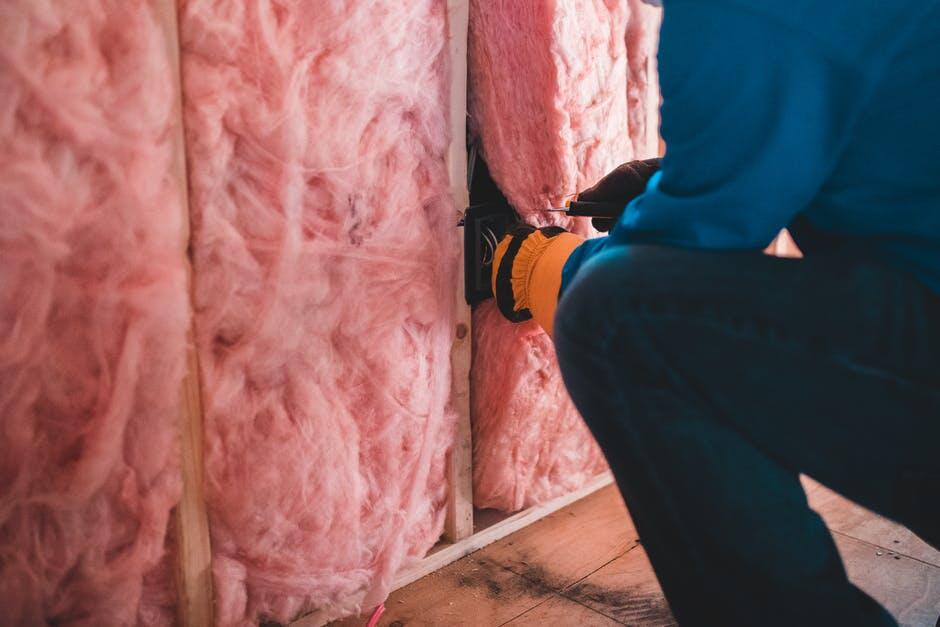When it comes to upgrading your home for efficiency, insulation stands as the unsung hero, working tirelessly behind the walls.
In a market flooded with options, a minimalist approach can be refreshing. Why clutter your mind or space with complex or unnecessary choices?
Here, we’ve distilled the landscape of the best insulation materials and the essentials you need to know.
Understanding Your Needs
Before delving into the world of insulation materials, it’s essential to assess your specific requirements. Factors such as climate, budget, and the area to be insulated will influence your decision. For instance, if you’re looking to insulate your attic, considering the types of attic insulation available will be crucial.
Proper Installation
Even the best insulation won’t work well if it’s not put in right. Bad installation can lead to air leaks, moisture issues, and lower energy efficiency.
It’s usually a good idea to get a pro to install your insulation. They know how to do it right with various types and make sure it meets building codes. But if you’re DIY-ing it, just follow the instructions from the manufacturer and chat with local pros for advice.
Maintenance and Upkeep
Insulation doesn’t need a lot of upkeep, but it’s good to do some regular checks to make sure it’s doing its job. Look for any wear and tear, or spots where it might have moved around or gotten squished. These things can mess with how well the insulation keeps things cozy and might cause issues later on.
Cost and Efficiency
When you’re picking out insulation, think about how cost-effective it is. Some choices might cost more upfront, but they could save you a lot in the long run by cutting down on your energy bills. Taking this long-term perspective can guide you to a smart choice that’s good for your budget and energy efficiency goals.
Understanding R-Values
R-values measure the ability of insulation to resist heat transfer-the higher the R-value, the better the insulating properties. You must understand this to judge your home’s insulation. It’s key to seeing how efficient it is now or could be.
Consider the regional climate when choosing your R-values. Colder areas may need a higher value to keep warmth in during winter.
A Look at Environmental Impact
Sustainability today is more than a buzzword-it’s a directive. When choosing the best insulation materials, consider their environmental impact. Opt for materials with higher recycled content, or those like cellulose that repurpose waste. Over time, these home insulation options translate into significant savings for both your wallet and the environment.
Certification and Regulation
The International Organization for Standardization (ISO) has certification for construction materials, including insulation. The certification signifies a quality product. Keep an eye out for these marks when shopping.
Also, familiarize yourself with local building codes and regulations that may govern the types of insulation and installation methods allowed in your area. This will ensure that your insulation meets safety and performance standards.
The Verdict on the Best Insulation Materials
Choosing the best insulation materials shouldn’t be rushed; take your time with it. Consider your budget, the environment, and the long-term benefits when deciding. We’ve narrowed down the options to the key traits to think about. These insulation selection tips will help you make an informed choice for insulating your home.
Check out our other articles for more on efficient living. They’re designed to offer you practical advice for improving your home and lifestyle. Stay in the loop. Stay efficient.
Don’t stop your journey here! Dive deeper into our wealth of resources by exploring more articles on our blog.





Be First to Comment